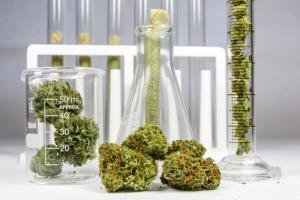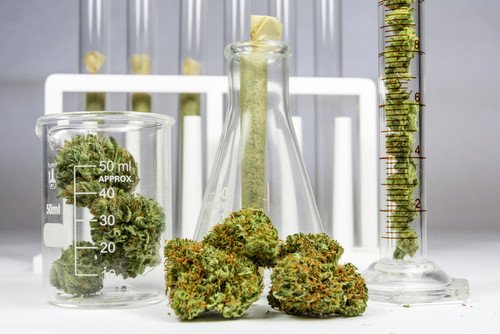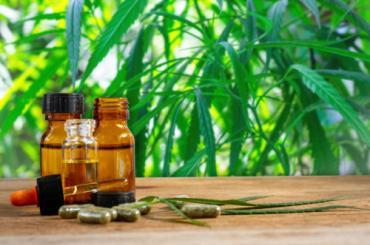
CBD, also known as cannabidiol is one of the main cannabinoids found in cannabis plants. It is the main cannabinoid found in the hemp plant whose parts like leaves and flowers are used for making CBD health and wellness products. Having said that, there is still legal and regulatory confusion about them because of the variations in CBD federal and state laws, coupled with the FDA regulations. So, it is important to understand the science behind cannabidiol (CBD) formulations and products; read on to know more about this.
CBD 101
Cannabidiol (CBD) is the main cannabinoid naturally found in the hemp plant. Legally available cannabidiol products are made using hemp plant strains that have less than 0.3% of psychotropic THC. So, consuming health and wellness products made using it will not produce any mind-altering or hallucinatory effects.
CBD is a lipid-soluble compound, and this decreases its bioavailability when you consume it orally. The most widely used cannabidiol product is CBD oil, which is made using different types of extraction processes. For this, dried and grounded hemp plant parts rich in cannabidiol are used. The final product is a highly viscous oil that is dark green due to the presence of plant materials like chlorophyll. It contains all the cannabinoids naturally found in the hemp plant, and because of this, it is called the full-spectrum hemp oil. It can be further refined to remove THC, and this is called broad-spectrum hemp oil or CBD extract.
Laboratory Testing Of CBD Products
The US Farm Act of 2018 allowed the industrial cultivation of the hemp plant, and it removed CBD from the Schedule 1 drug list. This legislation also made laboratory testing of CBD products mandatory, and this is to ensure that they are safe for consumption. As a result of this change, more laboratories began offering cannabinoid testing, and this is known as third-party testing of CBD. This test result will let you know the THC content of the cannabidiol product along with other ingredients used in its formulation.
However, one of the issues with laboratory testing of cannabidiol (CBD) products is that there are inconsistencies in the results of the same CBD product from different laboratories. This is creating a huge challenge for the ballooning cannabidiol industry. It also creates confusion among consumers about the reliability of the CBD product they are using. Due to this, reputed cannabidiol manufacturers are testing their products in laboratories with ISO accreditation.
We hope that the aforementioned details will help in your purchase of cannabidiol (CBD) products.


